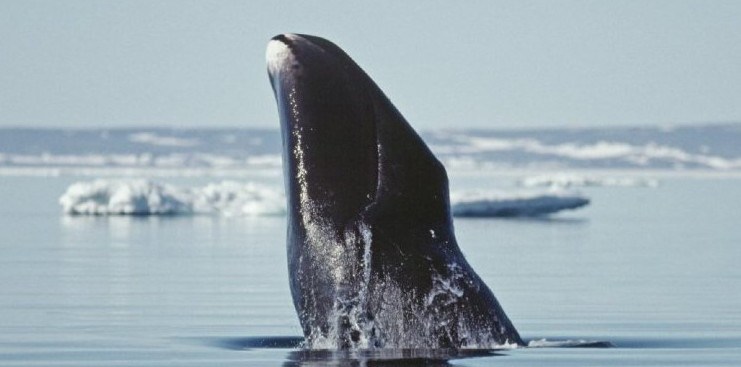The search for everlasting youth may near its end with bowhead whales as the answer. Beginning with the question of why some animals live longer than others, scientists from the University of Liverpool looked to one of the longest living mammals: the bowhead whale. These whales are known to live up to 200 years with healthy immune systems providing a strong defense against illnesses and diseases such as cancer, despite having higher chances of getting cancer due to the higher probability of cell mutation (since whales have 1000 times more cells than humans).
After investigation through genetic sequencing, the scientific team found close to 80 genes that may be the reason for whale longevity. By doing a side by side gene and protein comparison with genomes of humans and other mammals, the team found several homologous genes (genes with similar function inherited from a common ancestor) with special mutations in whales. Many of these genes are responsible for DNA damage repair and regulators of cell division that differ from human counterparts. Damage to these DNA damage regulator genes result in unchecked cell division and accumulation of DNA mutation over time, which may lead to cancer (dysfunctional cells that do not stop dividing). From what the researchers found, they hypothesize that whales are more successful at preventing disease or cancer formation because of their unique genetics.
Source Image:Denis Scott
In the future, the lead scientist, Joao Pedro de Magalhaes, hopes to conduct mice studies or manipulate lab-grown human cells. By incorporating bowhead whale genes into the mice genome or transforming human cells to resemble whale genes, an improvement in lifespan and cancer prevention may be observed. Either paths would yield interesting results; if lifespan does actually improve in either of these situations, this may be the comprehensive answer to the recipe for a long and healthy life.
Feature Image Source: Whale by Day Donaldson










